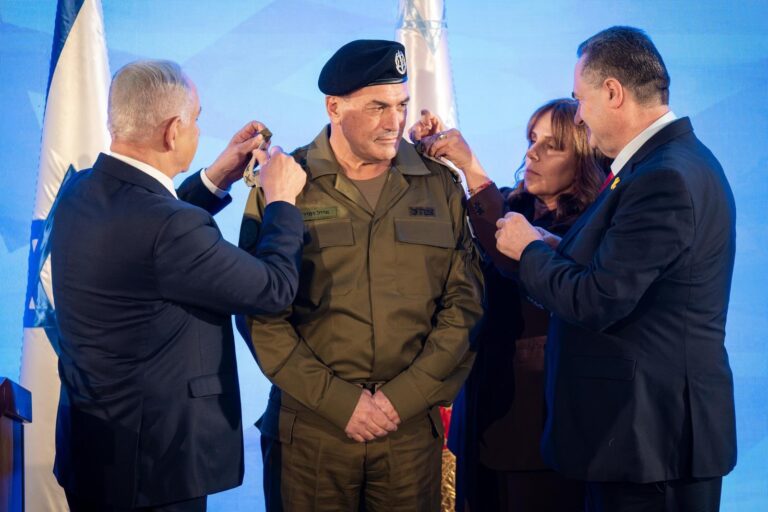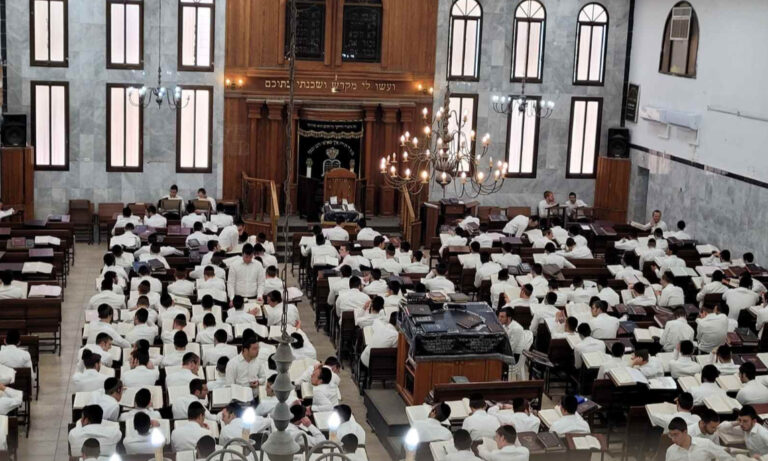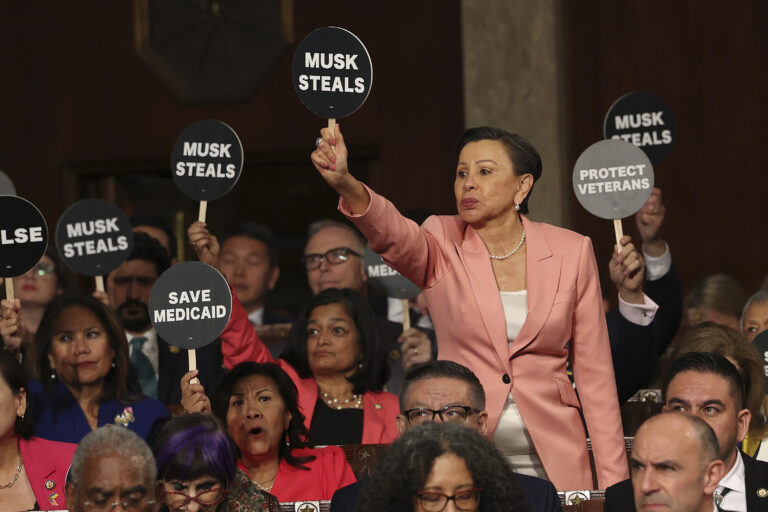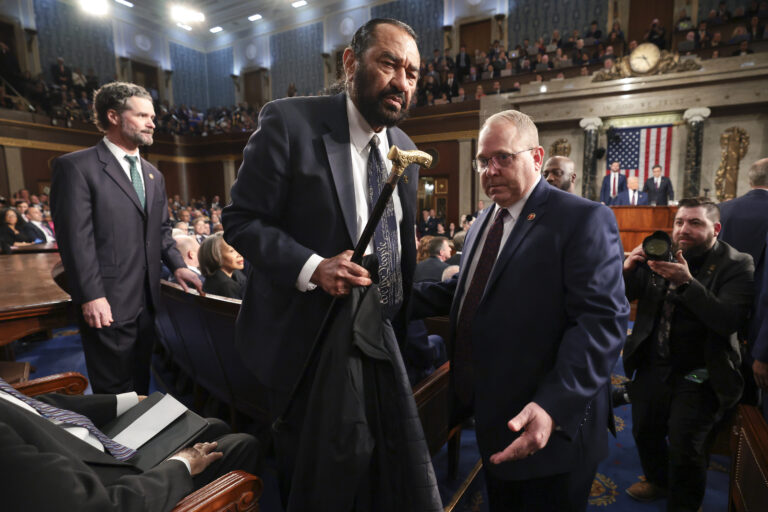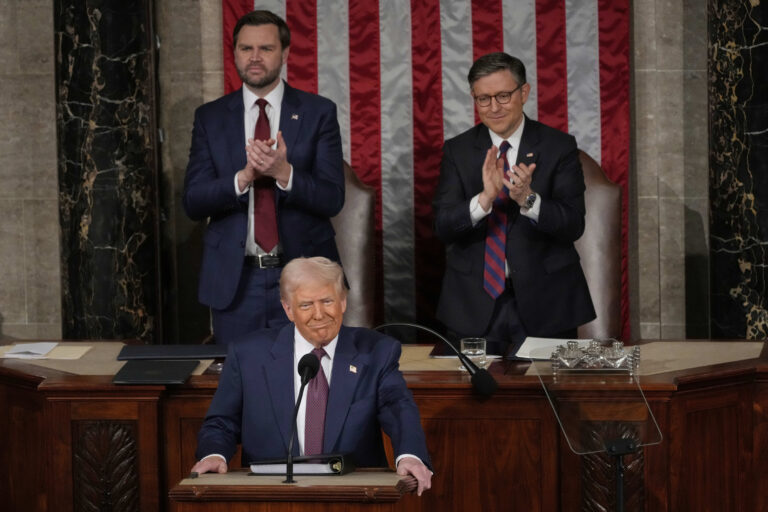 From a Michigan pulpit to New Hampshire’s town halls, Hillary Clinton is working to establish a personal connection with voters as she faces an increasingly difficult struggle against Bernie Sanders for the Democratic nomination.
From a Michigan pulpit to New Hampshire’s town halls, Hillary Clinton is working to establish a personal connection with voters as she faces an increasingly difficult struggle against Bernie Sanders for the Democratic nomination.
Once a formidable front-runner, Clinton narrowly won Iowa’s caucuses and has watched her national lead over Sanders begin to erode. She now faces a likely loss in Tuesday’s first-in-the-nation primary in New Hampshire, creating a sense of urgency for the famously private politician to create a more intimate bond with voters.
Two days before voters in New Hampshire will cast ballots, Clinton traveled to Flint, Michigan, on Sunday to address the city’s water crisis, vowing to make a “personal commitment” to help the city’s residents deal with contaminated water. “I will not for one minute forget about you or forget about your children,” she said.
On Saturday, Clinton spoke candidly about the difficulties and double-standards she faces as a female politician — a topic she rarely addresses other than to promote the historic nature of her candidacy.
“The fact is I do have a somewhat narrower path that I try to walk and I do think sometimes it comes across as a little more restrained, a little more careful, and I am sure that is true,” Clinton said during a town hall in Henniker, New Hampshire. “I am who I am, I can’t do some sort of personality transformation.”
Her aides, meanwhile, were eager to promote one of her responses during a Wednesday night forum hosted by CNN where she spoke with humility about her faith and public service. She noted in response to a question from a rabbi that she receives daily scriptures from a minister.
“I’m constantly trying to balance how do I assume the mantle of a position as essentially august as president of the United States, not lose track of who I am, what I believe in and what I want to do to serve?” she said. “I don’t know that there is ever any absolute answer, like, ‘OK, universe, here I am, watch me roar’ or ‘Oh, my gosh, I can’t do it, it’s just overwhelming, I have to retreat.'”
The strategy carries echoes of Clinton’s 2008 come-from-behind victory in New Hampshire. A moment in a Portsmouth cafe when Clinton’s eyes welled up and she became emotional was widely credited with bringing female voters back into the fold and helping her win the state after losing Iowa to then-Illinois Sen. Barack Obama.
But this year, with Sanders leading in the state by double-digits in many polls, Clinton is aiming her emotions at a far broader audience in the states that follow: the Feb. 20 Nevada caucuses, the Feb. 27 South Carolina primary and a swath of states holding contests on March 1.
Clinton’s campaign is wary that a big Sanders victory in New Hampshire could help him make headway among women and minority voters, important parts of the coalition that twice elected Obama as president. Already there are signs that he is making in-roads with those groups: In Iowa, polling showed that Clinton lost a majority of young voters and unmarried women.
Her campaign has sought to secure female voters in New Hampshire, who typically play a pivotal role in elections and have noted her connections to several female officeholders who have endorsed her, including Sen. Jeanne Shaheen and Gov. Maggie Hassan.
During a Clinton campaign rally in Concord on Saturday, former Secretary of State Madeleine Albright said: “You have to help. Hillary Clinton will always be there for you and just remember there’s a special place in hell for women who don’t help each other.”
On Sunday, former President Bill Clinton told supporters in Milford that Clinton backers had been subjected to “vicious trolling” online — an oblique reference to what her campaign has nicknamed the “Bernie Bros.”
Sanders denounced supporters who engage in sexist attacks in an interview with CNN’s “State of the Union” on Sunday. “Look we don’t want that crap,” he said. “That anybody who is supporting me that is doing the sexist things, we don’t want them.”
On the cusp of victory, Sanders has largely been sticking to his script, wary of any changes that might threaten his edge in the state. His aides are hoping a larger turnout in the state, along with a sizable war chest of contributions, will fuel their campaign into the later contests.
(AP)




